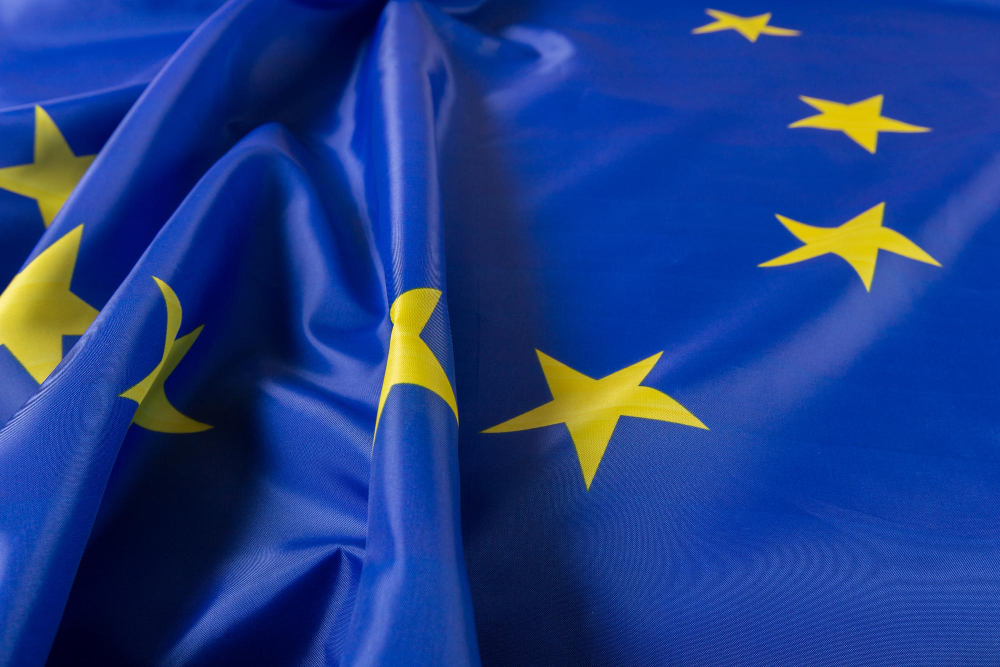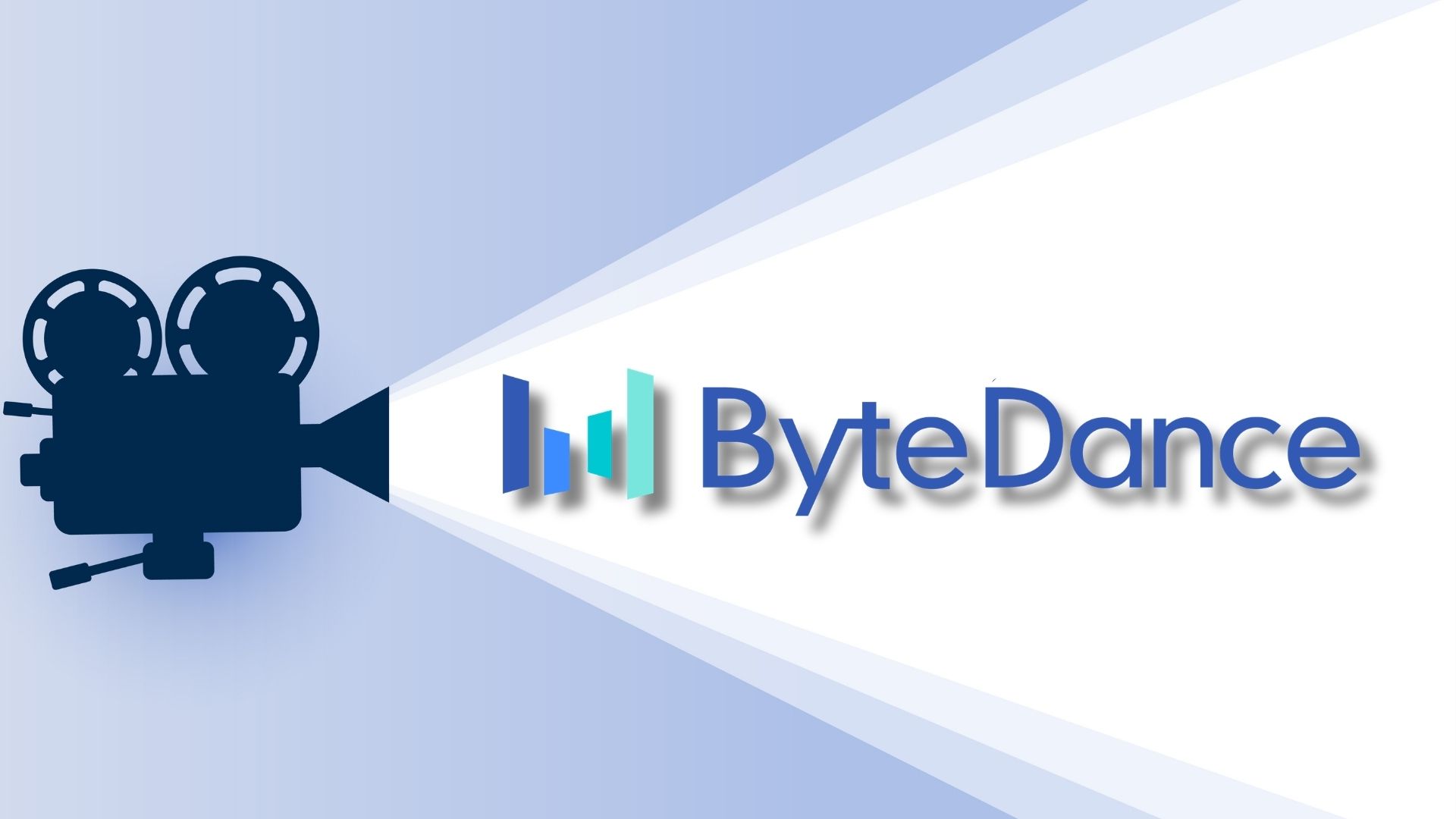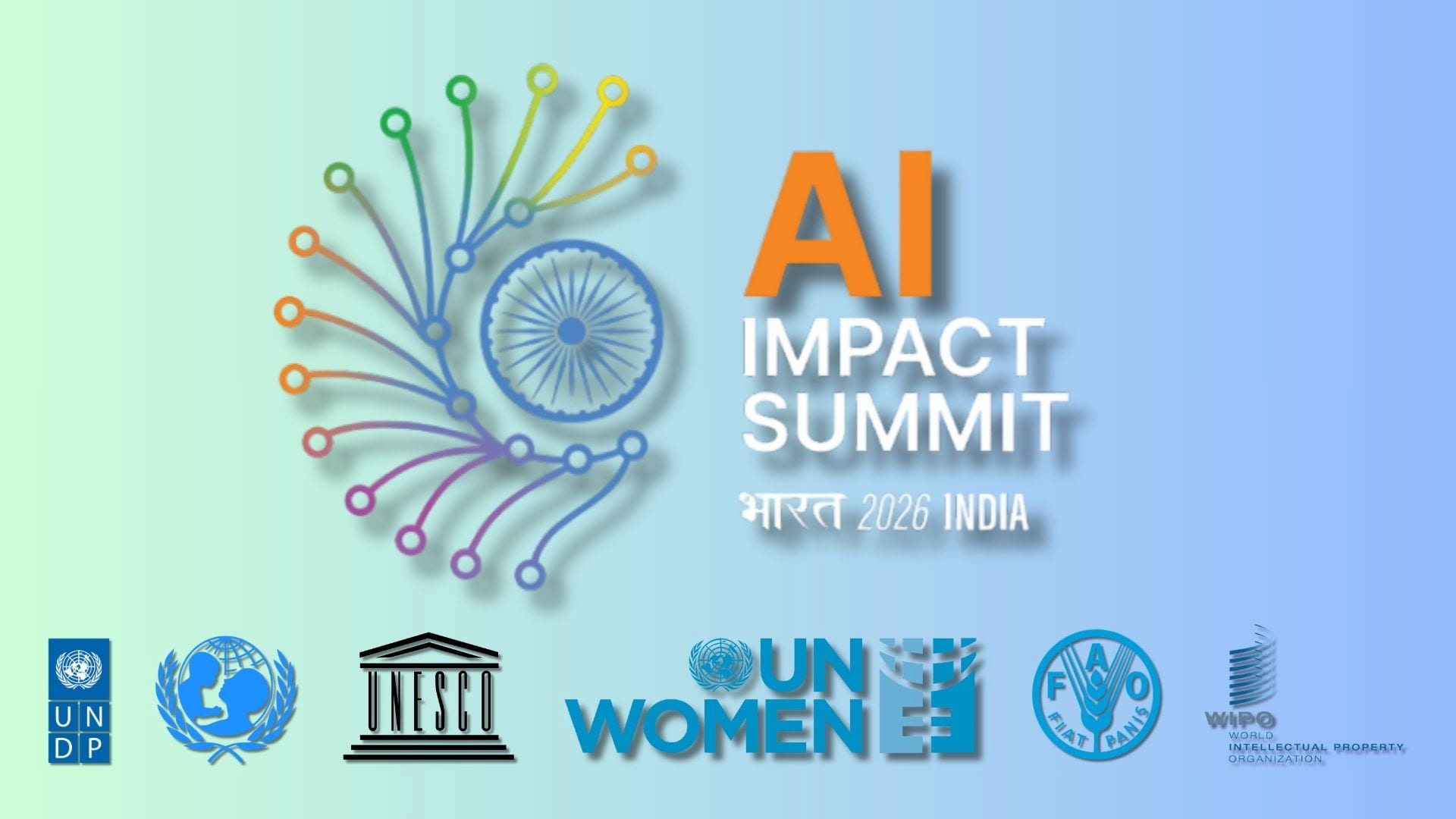The EU Digital Identity Wallet is widely seen as a transformative step for cross-border digital services in Europe, yet experts warn that its success is far from guaranteed. While the initiative promises stronger privacy, improved security, and greater user control over personal data, adoption and governance challenges could undermine its potential.
Industry observers caution that large-scale digital identity projects rarely fail because of technical shortcomings. Instead, weak ecosystem buy-in, unclear commercial incentives and fragmented national implementation often derail progress.
If some member states deliver robust solutions while others lag, cross-border usability could suffer, weakening the wallet’s core objective of seamless European digital identity.
Concerns also extend to economic sustainability. Without clear business models for private-sector participants, innovation and long-term investment may slow. A wallet that exists only to meet regulatory requirements, rather than offering clear advantages over existing identity methods, risks low citizen adoption and limited integration by service providers.
Privacy design presents another complex trade-off. The wallet’s principle of unlinkability strengthens user protection, but it may complicate fraud detection and behavioural monitoring. Experts argue that trust in the system will depend on balancing privacy with practical security measures.
Ultimately, the EU Digital Identity Wallet’s future will hinge on coordinated governance, strong incentives and sustained commitment across the entire ecosystem.
Would you like to learn more about AI, tech and digital diplomacy? If so, ask our Diplo chatbot!










